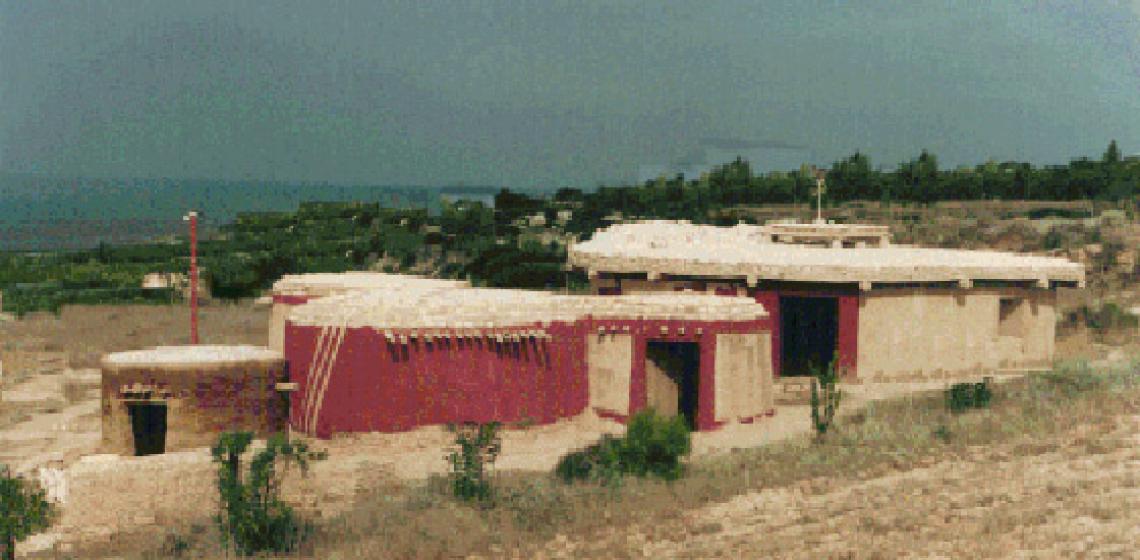
Lemba Experimental Village, Cyprus, a long-term project from the University of Edinburgh, the reproduction of a Chalcolithic village on Cyprus. This started purely for research and was an initiative by the LAP of the University of Edinburgh. Initial funding was obtained through research grants by Dr Thomas from the University of Edinburgh, the Royal Museum of Scotland and the British School of Archaeology in Jerusalem (now the Council for British Research in the Levant).
Lemba Experimental Village, Cyprus, a long-term project from the University of Edinburgh, the reproduction of a Chalcolithic village on Cyprus. This started purely for research and was an initiative by the LAP of the University of Edinburgh. Initial funding was obtained through research grants by Dr Thomas from the University of Edinburgh, the Royal Museum of Scotland and the British School of Archaeology in Jerusalem (now the Council for British Research in the Levant).
The Lemba Experimental Village was first devised and set up in 1982 as a project of archaeological research initially investigating prehistoric buildings and the impact they have on the formation of archaeological sites. It was founded on land adjacent to the excavations carried out from 1976-1983 at Lemba. With the co-operation of the Department of Antiquities of Cyprus as well as the mayor and villagers of Lemba the project developed into an important visitor attraction as well as being for research into many aspects of experimental archaeology. Since then, the project has grown considerably and now includes experiments into the study of building materials, pyrotechnology, pottery firing and prehistoric cooking methods to name but a few. We hope that in years to come many more avenues of research will be included. The centre is situated in the picturesque village of Lemba which lies 6km north of the World Heritage city and holiday resort of Paphos.
